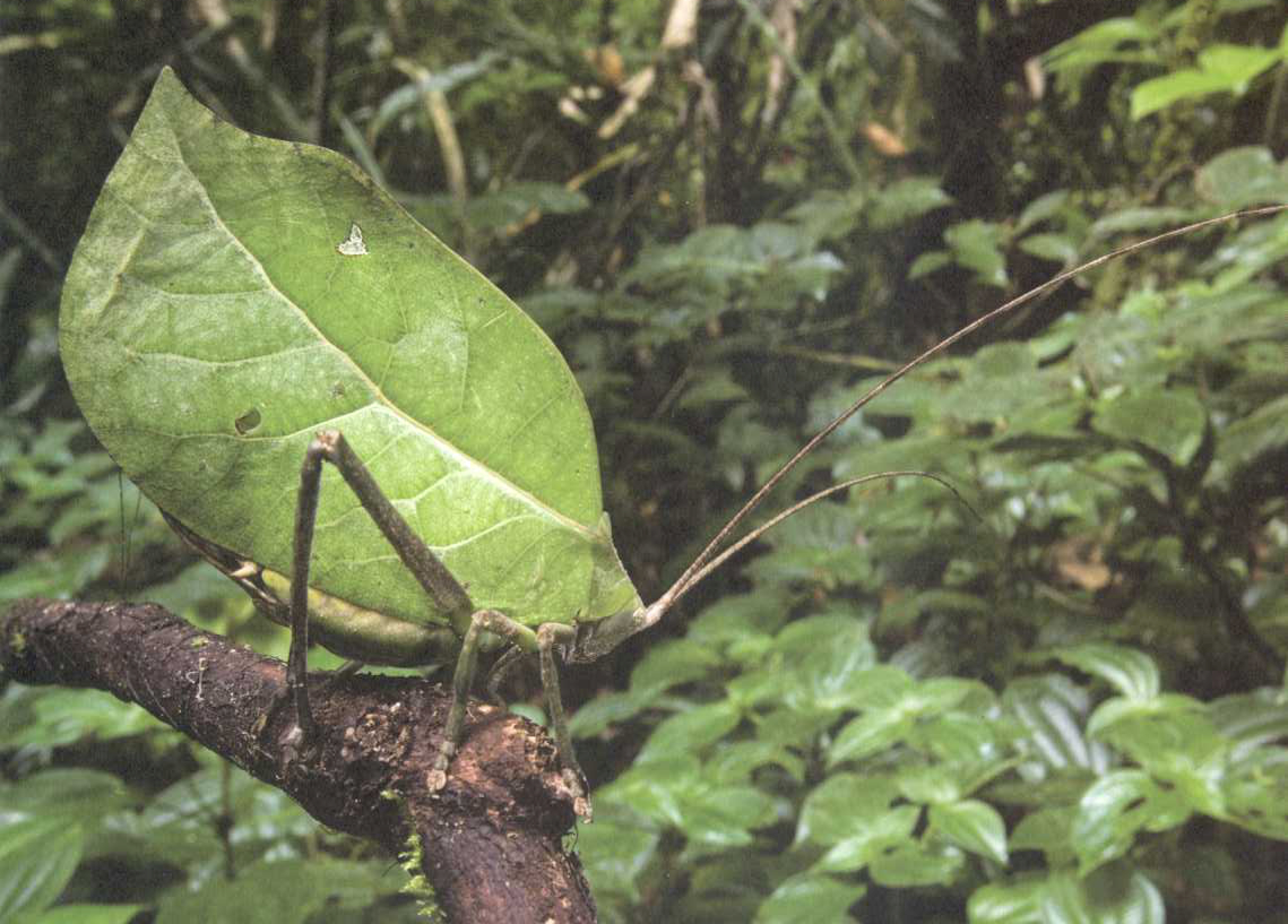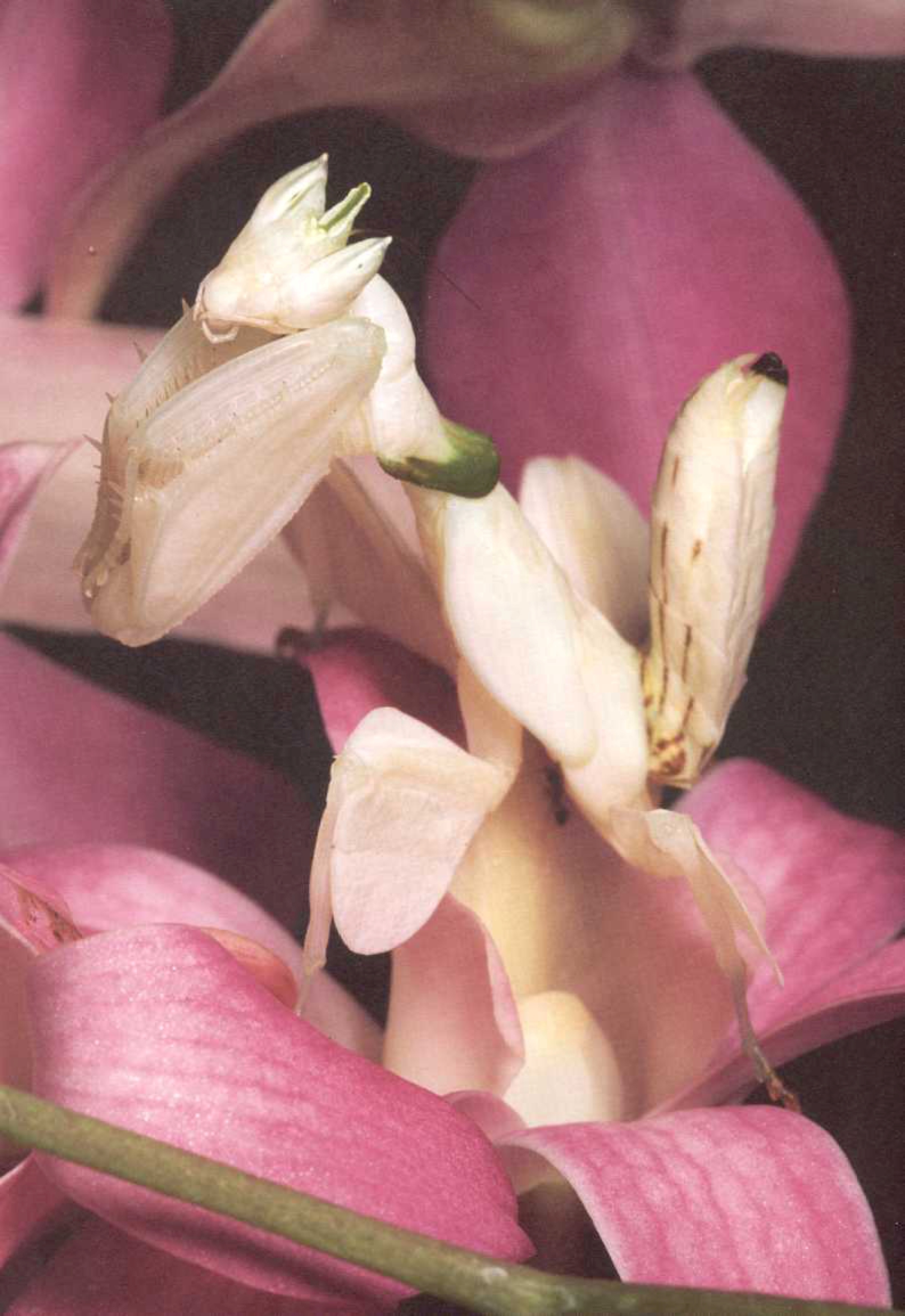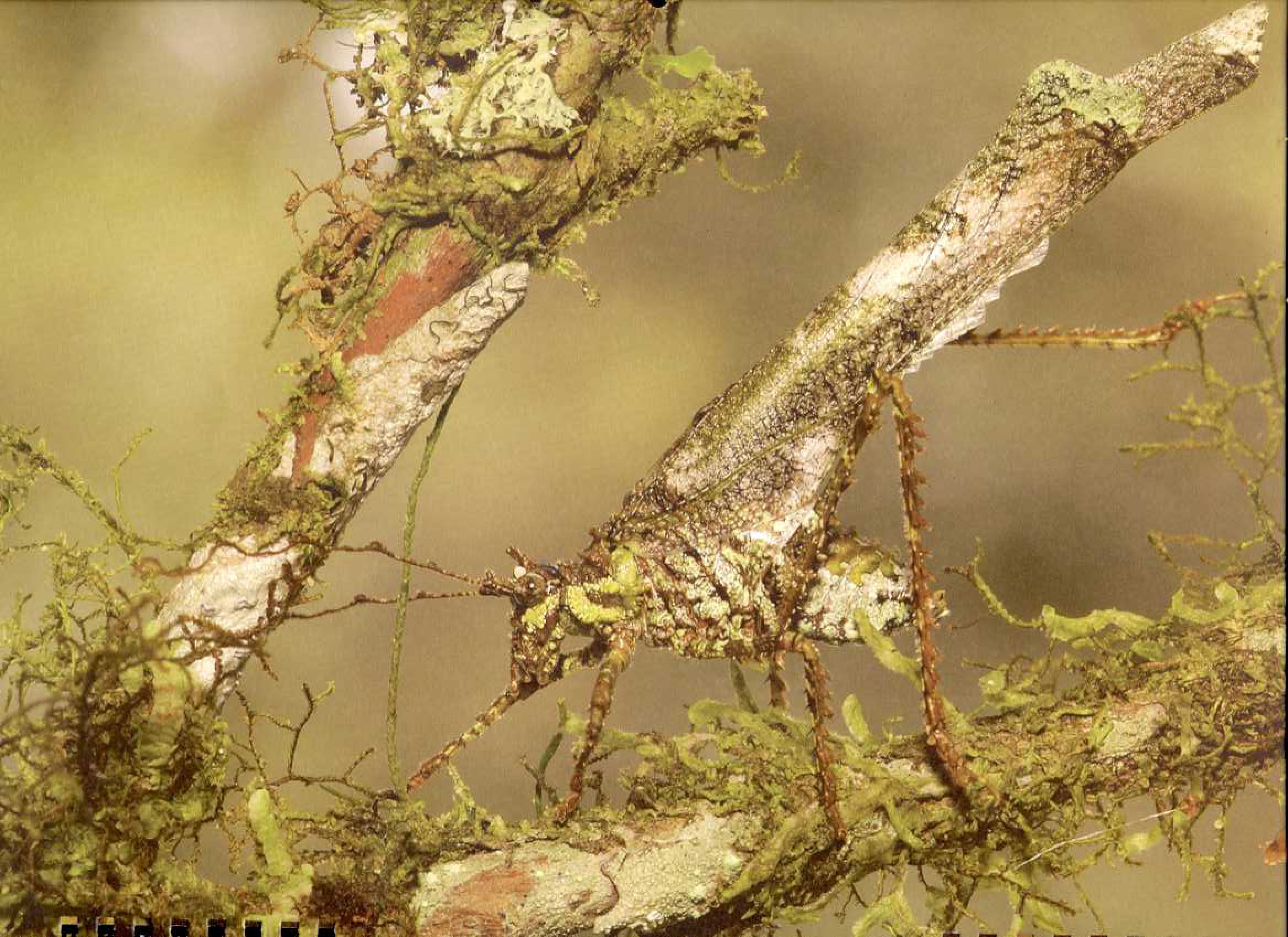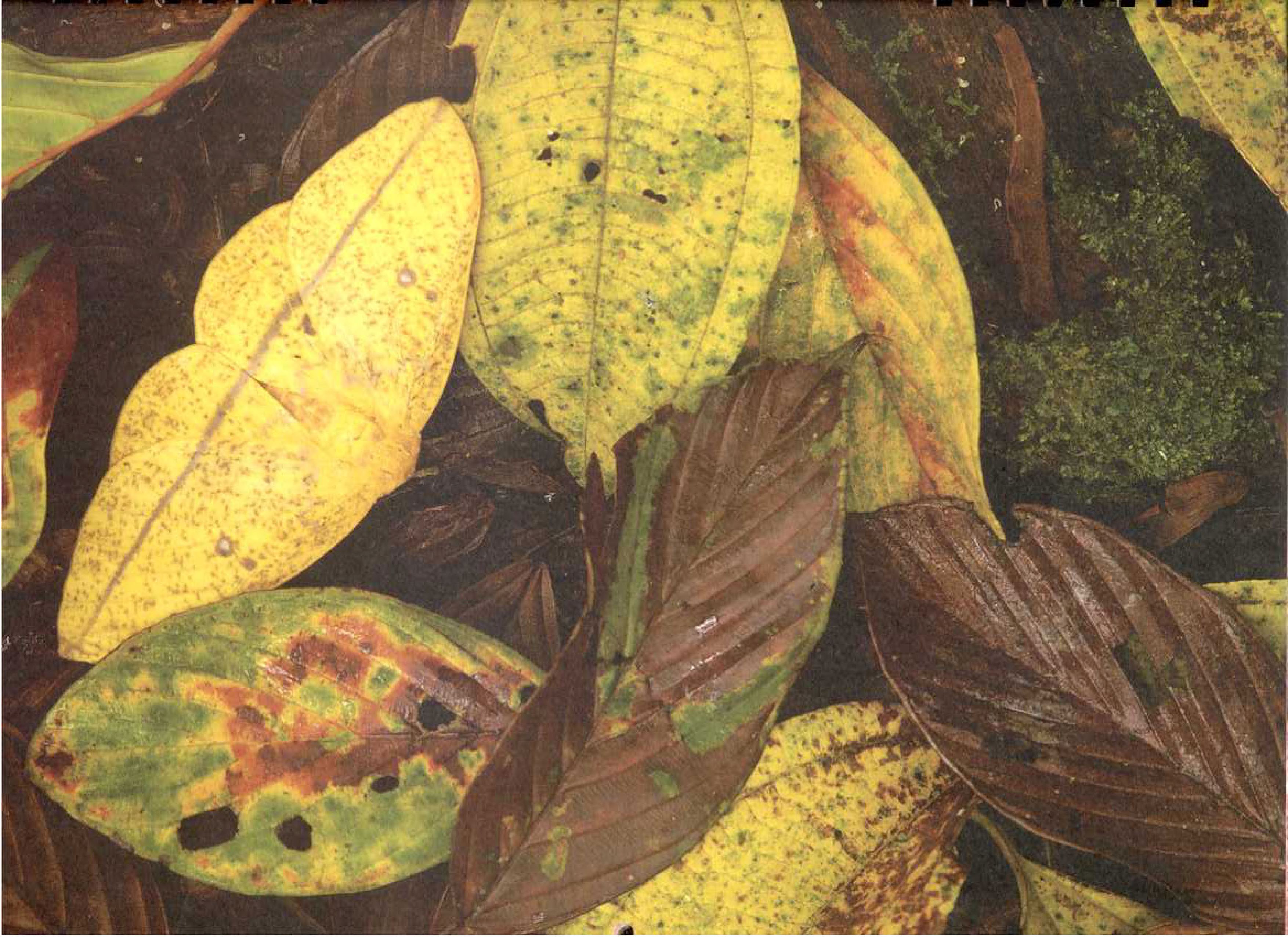![]()
Una multitud de dificultades se le habrá ocurrido al lector mucho antes de haber llegado a esta parte de mi trabajo
Long before having arrived at this part of my work, a crowd of difficulties will have occurred to the reader.
Mucho antes de haber llegado a esta parte de mi trabajo, una multitud de dificultades se le habrán ocurrido al lector.
Some of them are so grave that to this day I can never reflect on them without being staggered; but, to the best of my judgment, the greater number are only apparent, and those that are real are not, I think, fatal to my theory.
Algunas de ellas son tan graves que, hasta hoy, no puedo reflexionar sobre ellas sin titubeo, pero, a lo mejor de mi juicio, el mayor número de ellas son sólo aparentes, y las que son reales no son, creo, fatales para mi teoría.
These difficulties and objections may be classed under the following heads:—Firstly, why, if species have descended from other species by insensibly fine gradations, do we not everywhere see innumerable transitional forms? Why is not all nature in confusion instead of the species being, as we see them, well defined?
Estas dificultades y objeciones pueden clasificarse en los siguientes tipos:-En primer lugar, ¿por qué, si las especies han descendido de otras especies por gradaciones insensiblemente finas, no se ven por todas partes innumerables formas de transición? ¿Por qué no está toda la naturaleza confusa, en lugar de las especies, como las vemos, bien definidas?
Secondly, is it possible that an animal having, for instance, the structure and habits of a bat, could have been formed by the modification of some animal with wholly different habits? Can we believe that natural selection could produce, on the one hand, organs of trifling importance, such as the tail of a giraffe, which serves as a fly-flapper, and, on the other hand, organs of [172]such wonderful structure, as the eye, of which we hardly as yet fully understand the inimitable perfection?
En segundo lugar, es posible que un animal que tiene, por ejemplo, la estructura y las costumbres de un murciélago, pudiera haberse formado por la modificación de un animal con hábitos totalmente diferentes? ¿Podemos creer que la selección natural podría producir, por una parte, órganos de escasa importancia,
tales como la cola de una jirafa, que sirve como espanta-moscas, y, por por otra parte, órganos de [172] tan maravillosa estructura, tales como el ojo, de los cuales apenas entendemos plenamente la perfección inimitable?
Thirdly, can instincts be acquired and modified through natural selection? What shall we say to so marvellous an instinct as that which leads the bee to make cells, which has practically anticipated the discoveries of profound mathematicians?
En tercer lugar, pueden los instintos adquirirse y modificarse por selección natural? ¿Qué vamos a decir de un instinto tan maravilloso como el que lleva la abeja para hacer las celdas, que prácticamente se ha anticipado a los descubrimientos de matemáticos profundos?

Fourthly, how can we account for species, when crossed, being sterile and producing sterile offspring, whereas, when varieties are crossed, their fertility is unimpaired?
En cuarto lugar, ¿cómo podemos explicar que cuando se cruzan las especies son estériles y producen descendencia estéril, mientras que, cuando se cruzan las variedades, la fertilidad no se ve afectada?
Las imágenes 1, 2, 3 y 5 proceden del calendario Nature’s Hidden Secrets, de Cell signalling para 2009, cuyo PDF se encuentra en la red. La imagen 4 es de treknature. La 6 de faqs. org. Hay más «dificultades», por ejemplo aquí, aquí, aquí, aquí y aquí. También en el Diccionario de Neolengua, en las entradas para Tettiigonidae y otras.
Los párrafos del texto proceden de El Origen de las Especies. Sexta edición en Proyecto Gutenberg.





